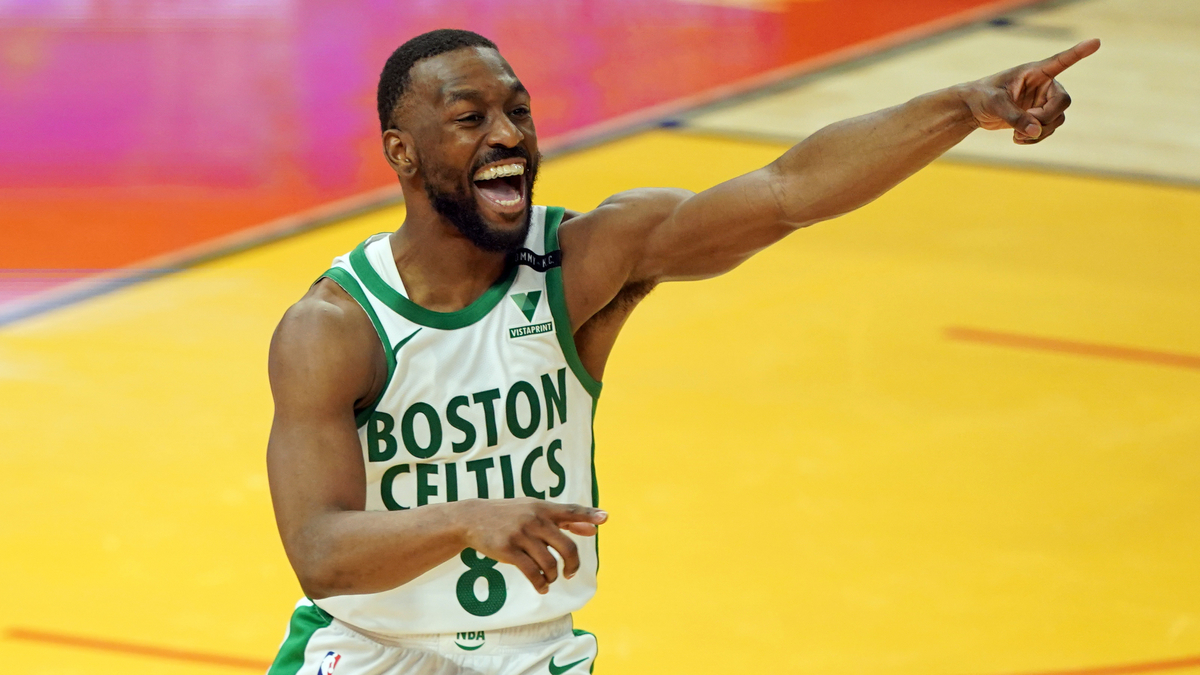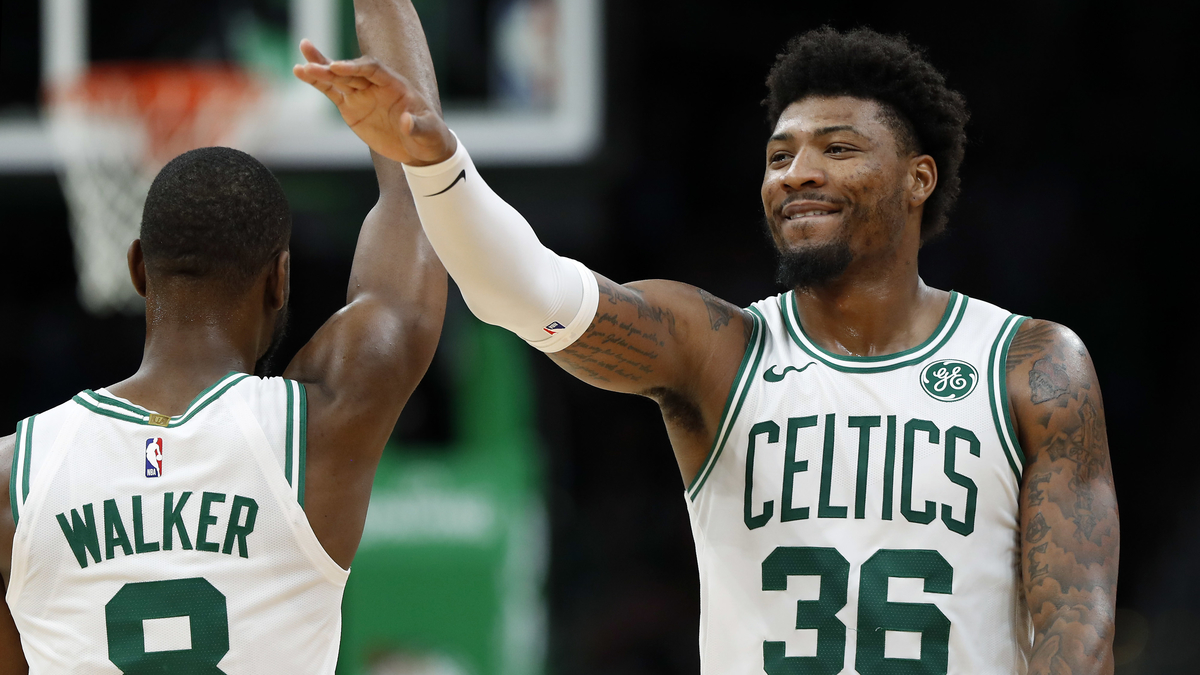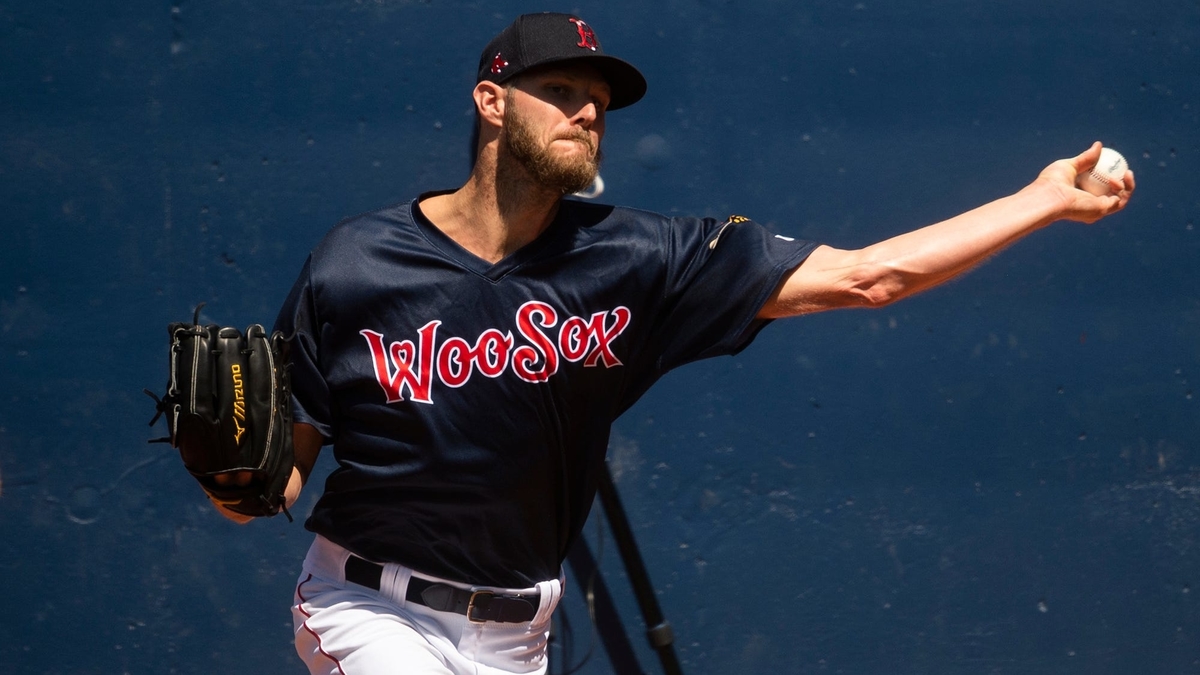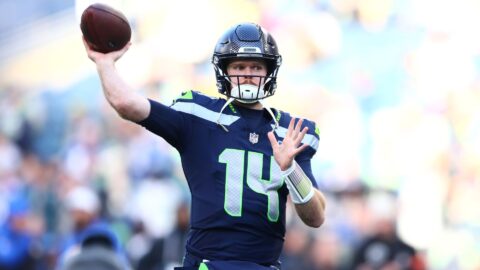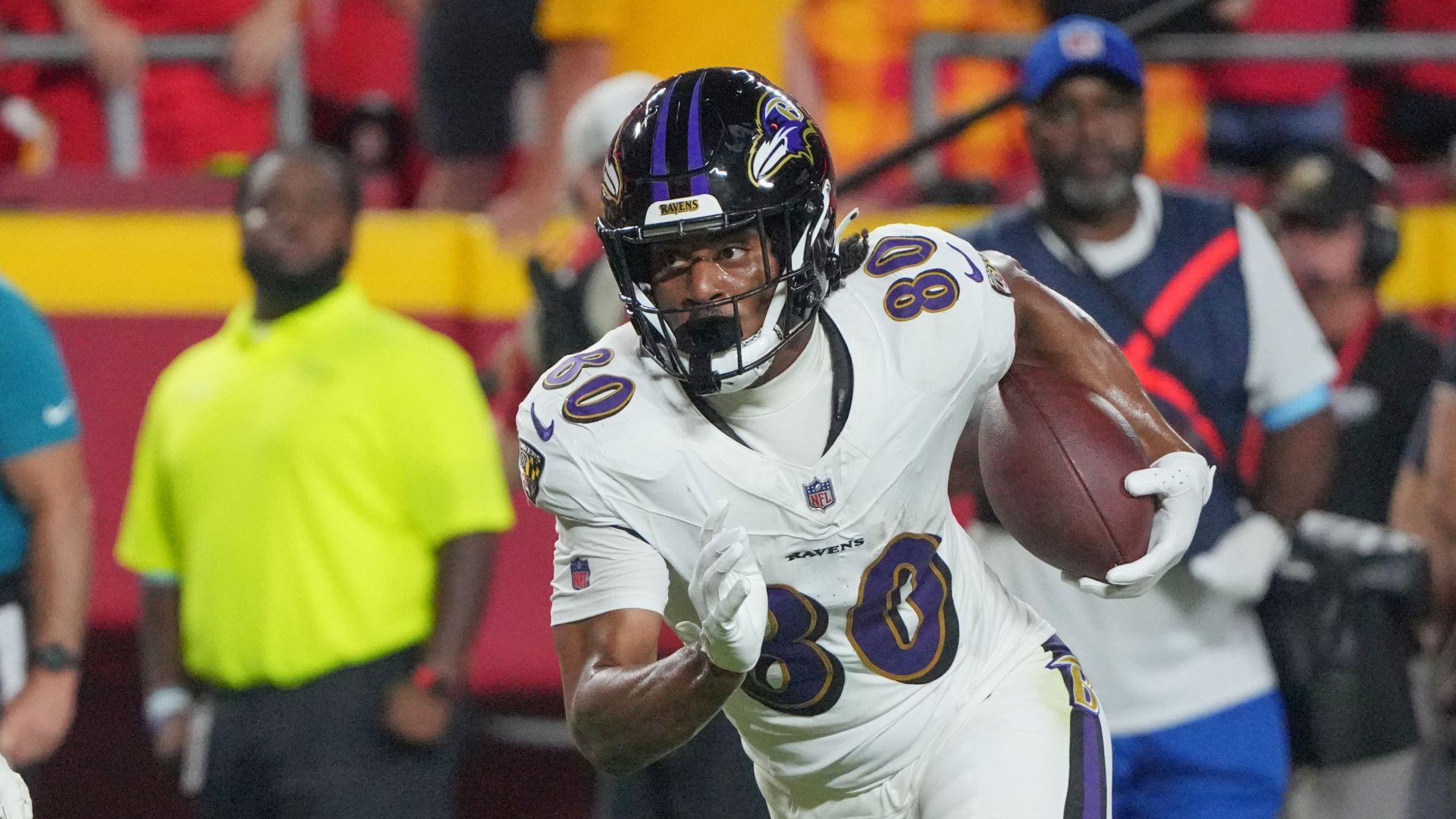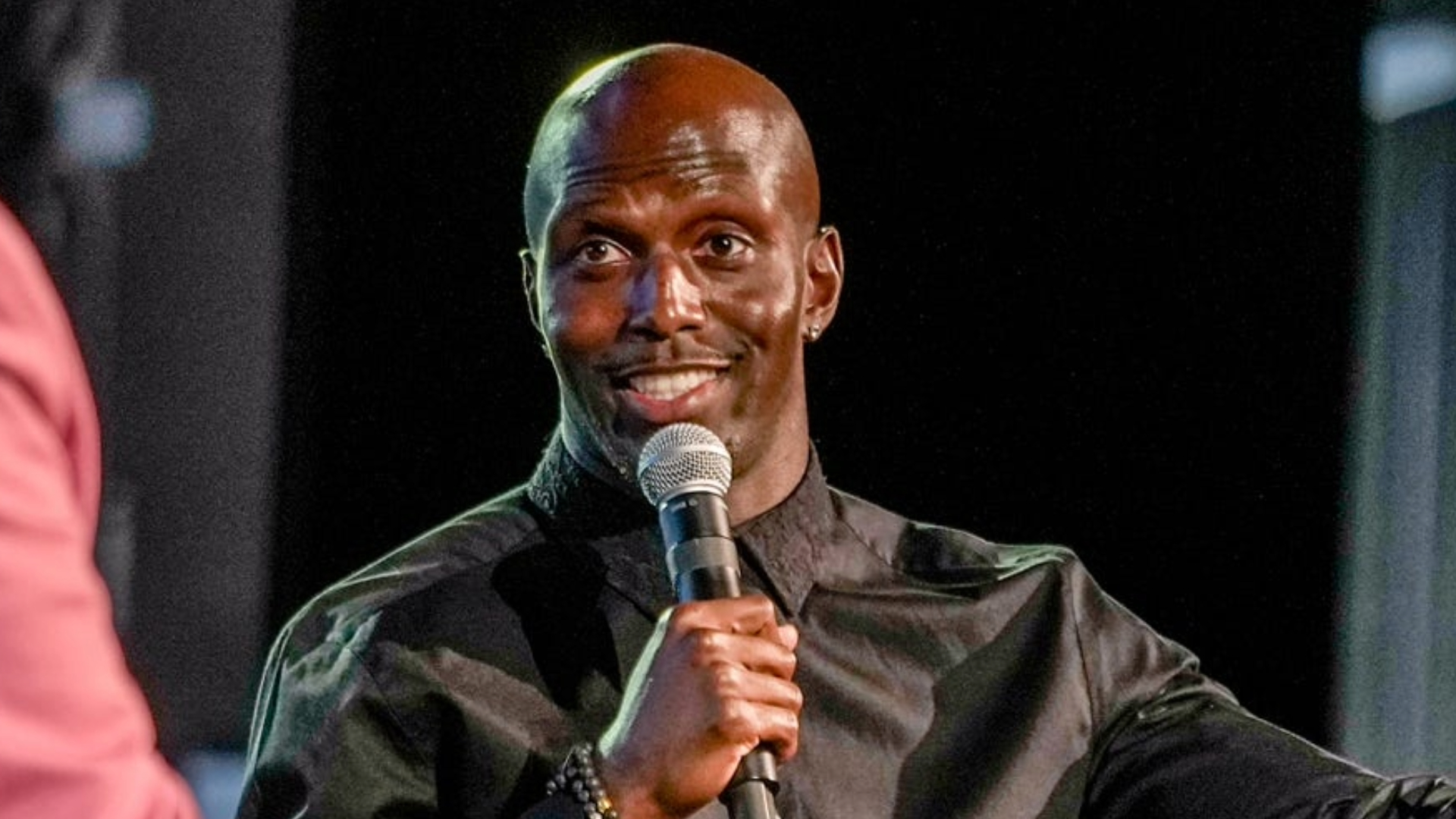The Boston Celtics trading Kemba Walker to the Oklahoma City Thunder marks a disappointing end to a once promising free-agency signing.
It marks the departure of a fan-favorite who possessed a team-first mentality which always seemed to be appreciated by his teammates.
But it also marks a good business decision for an organization that now should gain financial flexibility sooner and be able to put more dependable pieces around a young pair of stars.
The foremost takeaway from the Celtics-Thunder trade Friday is that Boston is out from underneath what could be viewed as one of the worst contracts in the NBA. The first-round pick they sent to Oklahoma City was the price of doing business.
The return of 35-year-old veteran Al Horford and 21-year-old center Moses Brown are secondary.
It's crazy to think just how fast NBA life transpires.
Two offseasons ago Walker was somewhat a saving grace for then-president of basketball operations Danny Ainge after Kyrie Irving left during free agency in 2019. (Obviously, we've learned a lot more about Irving ever since). And while Walker never was looked at as a 1-for-1 talent replacement with Irving, despite the fact he was All-NBA the season prior, it eased the departure. The fact the point guard was a University of Connecticut product some years earlier also helped contribute to the storyline.
We even talked about how Walker was a much better fit for the team, too, given his veteran leadership and professionalism. Those off-court contributions then were coupled by his on-court production as Walker was named a NBA All-Star during his first season with the Celtics, his fourth overall.
But then it all changed so fast.
Injury issues prompted Walker to sit the second night of back-to-backs during the 2021 season and while it did seem to help the individual early on, it clearly impacted the team en route to a .500 finish in the regular season. It was done to ensure Walker was healthy in the postseason, and that didn't come to fruition either. Walker missed the late part of the postseason with a different knee ailment. Dependability and reliability often are just as important as ability when it comes to professional athletes.
It was extremely disappointing then, and it's extremely disappointing to look back on.
But the reality is a 31-year-old undersized guard, who doesn't thrive on the defensive end of the court, who lost consistency on the offensive end, who continued to battle a fair share of injury concerns, who already is at the tail end of his prime, who has $73 million left on his contract, makes for a rather imperfect combination.
It ultimately led to an imperfect solution, too. But one that president of basketball operations Brad Stevens and the Celtics were right to make.

